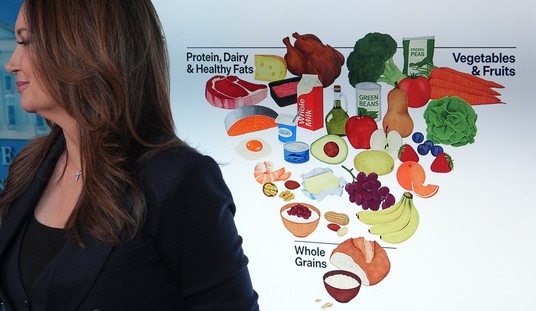Can a car run on fuel produced by an internal still? Instead of alcohol, the product would be hydrogen, creating a method that would safely allow a transition from oil-based fuel to the Holy Grail of renewable resources, the hydrogen-fuel cell. All it would take, according to a Virginia Tech scientist, is sugar:
Pranksters put sugar in gas tanks to foul engines and halt cars in their tracks. But a Virginia Tech scientist is developing a way to run cars on sugar.
Y.-H. Percival Zhang’s “sweet engine” runs on hydrogen made from starch, a clean-burning and potentially renewable alternative to fossil fuels.
Although hydrogen fuel cells are much more efficient than combustion engines, hydrogen is difficult to transport, store, and distribute – as well as expensive to produce. But Professor Zhang’s method, which he presented April 9 at the national meeting of the American Chemical Society in New Orleans, circumvents the need for transportation and storage by turning sugar into fuel in the car on an as-needed basis.
Hydrogen gives the most efficient burn among potential replacement fuels, but that creates enormous problems. Gasoline is relatively safe because it only burns in a relatively narrow range of mixture. Hydrogen burns in almost any mixture, making its transport and storage highly dangerous. We could power homes, cars, and all sorts of transportation with hydrogen if we could get around the need to transport and store it.
This process does that. Instead of having to replace gas stations with hydrogen facilities, the car would use a water-sugar mixture with added enzymes for a catalyst. Once heated to 86 degrees Fahrenheit, that would produce a chemical reaction producing hydrogen in enough quantity to power the car. When the car reaches its destination, presumably the car would have a device to cool the still to end hydrogen production.
If Zhang’s process proves successful in practical applications, it could transform the entire energy-independence debate. It could also decentralize energy production, allowing homeowners and businesses to produce their own energy rather than connect to a central grid and rely on utility companies, at least for electricity. Depending on the scale and efficiency, it could drastically reduce our reliance on coal and oil, extending the life of both for hundreds or thousands of years for uses unsuitable to the new process. We certainly could end our reliance on foreign sources of fuel, which is what makes hydrogen so powerfully attractive in the first place.
A few issues might temper enthusiasm for Zhang’s discovery. The process also releases carbon dioxide, which will set up red flags for global-warming alarmists. It also might create a demand for sugar that will drive its cost up to the point where it makes it difficult for poorer people to buy it — a reaction we have already seen with corn and its use in biofuel production. The costs and production of the unspecified enzymes might also be a problem. However, if those issues can be overcome and Zhang’s process succeeds, we could find ourselves at the end of the fossil-fuel age much sooner than we anticipated, and on successful terms.








Join the conversation as a VIP Member